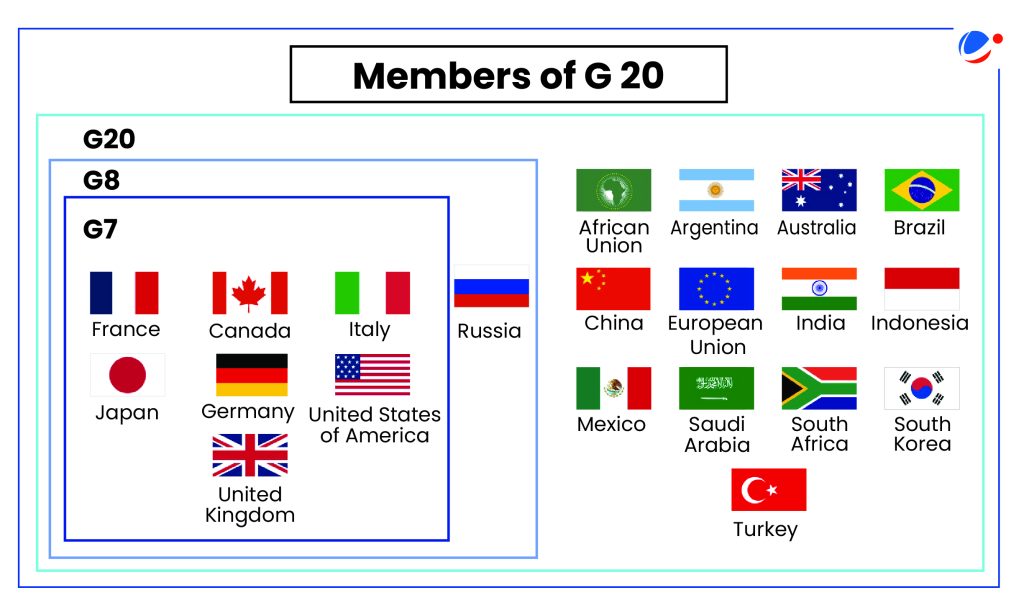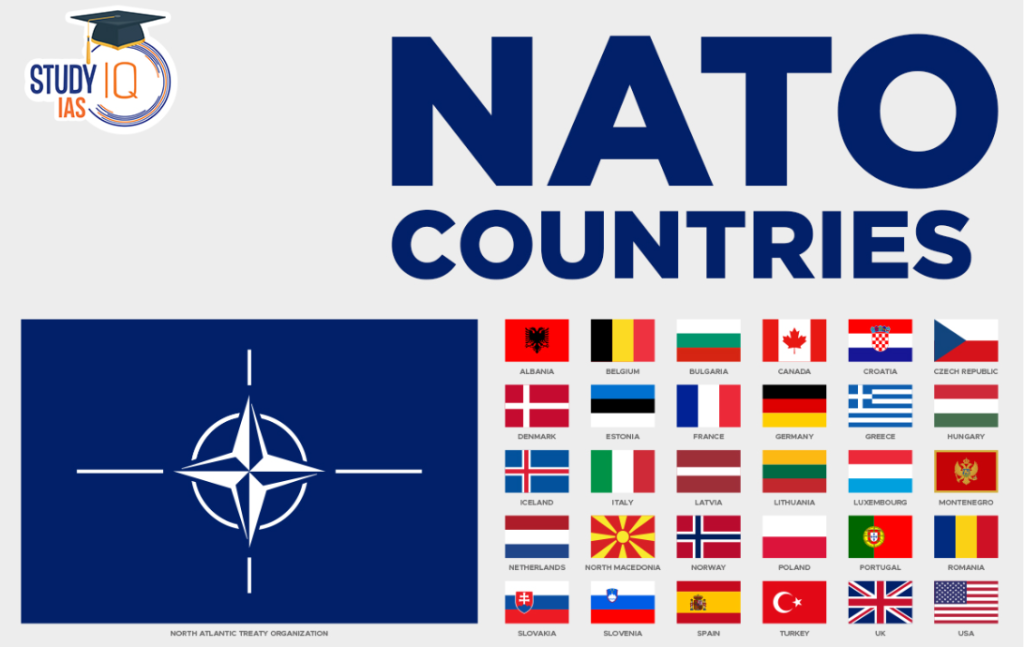Global Power Realignment: BRICS and G20 Take Center Stage

Table of contents
- A Shift Towards Multipolarity: The Growing Influence of BRICS and South Africa’s Leadership
- BRICS Expansion: Strengthening the Global South’s Influence
- The 2025 BRICS Summit: Cooperation and Multilateralism
- South Africa’s G20 Presidency: Bridging North and South
- Reducing Dollar Dependence: Economic Sovereignty in Focus
- Geopolitical Challenges: Ongoing Power Struggles
- Towards a New Global Order: Implications and Outlook
A Shift Towards Multipolarity: The Growing Influence of BRICS and South Africa’s Leadership
The global power dynamics of 2025 are marked by significant shifts, with the expanded BRICS coalition playing pivotal roles. The active leadership of the G20 under South Africa’s presidency is also crucial. Together, these developments are reshaping international relations and promoting inclusivity. They signal a move toward a more multipolar world order.
BRICS Expansion: Strengthening the Global South’s Influence
Originally formed by Brazil, Russia, India, China, and South Africa, BRICS has undergone a major expansion in 2025. The coalition now includes Indonesia, Nigeria, Egypt, Ethiopia, Iran, and the United Arab Emirates. This significantly enhances its influence on the global stage. The expanded bloc represents around 46% of global GDP and 55% of the world’s population, underscoring its growing economic and geopolitical weight.
The enlargement of BRICS provides a stronger counterbalance to Western-centric alliances such as the G7. The broader coalition more assertively represents the interests of the Global South. It pushes for a shift in international power structures and advocates for a more inclusive global governance model.
The 2025 BRICS Summit: Cooperation and Multilateralism
The July 2025 BRICS summit, held in Rio de Janeiro, centred on cooperation and multilateralism. Leaders adopted key declarations that emphasised several global challenges, including climate finance, artificial intelligence (AI) governance, and disease elimination partnerships. These initiatives align with the core principles of the United Nations. They aim to promote equitable, sustainable development that benefits all nations, especially those in the Global South.

BRICS’ approach to AI governance highlights its commitment to inclusion, privacy, and establishing ethical standards. This stance is in line with frameworks such as the European Union’s AI Act. It reflects the UN Pact for the Future and BRICS’ desire to ensure that technological advancements reduce, rather than deepen, global inequalities.
South Africa’s G20 Presidency: Bridging North and South
South Africa’s leadership of the G20 in 2025 marks a crucial step in bridging the divide between the Global North and South. With a focus on climate action, inequality reduction, and reforming multilateral institutions, South Africa drives a G20 agenda. Its aim is to create more balanced global governance structures.

The G20 summit, hosted in Johannesburg, reinforced the importance of solidarity and sustainability. The initiatives advanced during the summit complement BRICS’ efforts, particularly in areas such as climate finance and global health partnerships. South Africa’s dual role as president of the G20 and as a key BRICS member has enabled it to act as a conduit between the Global South and the more traditional economic powers of the North.
The G20 comprises 19 countries (Argentina, Australia, Brazil, Canada, China, France, Germany, India, Indonesia, Italy, Japan, Republic of Korea, Mexico, Russia, Saudi Arabia, South Africa, Türkiye, the United Kingdom, and the United States), the European Union, and since 2023, the African Union.
Reducing Dollar Dependence: Economic Sovereignty in Focus
One of the most significant features of this power realignment is BRICS’ strategic push to reduce its reliance on the US dollar. The bloc’s members work together to enhance financial cooperation by promoting the use of local currencies in trade. They are also establishing new frameworks to support economic sovereignty.
Institutions like the New Development Bank (NDB) and the development of cross-border settlement systems play a central role in this effort. These institutions aim to diversify the global financial system and challenge the dominance of Western-led financial institutions. They offer an alternative to the US dollar-centric world order. The push for economic sovereignty is closely tied to BRICS’ goal of empowering developing countries to have more control over their financial futures.
Geopolitical Challenges: Ongoing Power Struggles
Despite the progressive stance of BRICS, Western powers, particularly through institutions like NATO and the European Union, continue to defend traditional power structures. This is evident in recent increases in defence spending by major NATO countries. Additionally, they have reduced development aid, which signals a continued prioritisation of military influence over global development efforts.

This geopolitical competition underscores the ongoing struggle for influence within global governance frameworks. While BRICS advocates for equitable multilateralism and the empowerment of the Global South, established powers work to preserve their dominant roles in international politics and economics. The resulting tension highlights the contest between emerging coalitions and traditional Western alliances.
The CEDAW Gap: South Africa’s Ongoing Struggle Against Domestic Violence. This report highlights the critical gaps in applying international standards to protect vulnerable communities. Tap to read more and understand the impact.
Towards a New Global Order: Implications and Outlook
The expanding BRICS coalition and South Africa-led G20 presidency are at the forefront of what could be a significant recalibration of the international order. Their focus on multilateralism, economic diversification, and inclusive development signals a shift. This shift represents greater agency for the Global South in shaping global governance and economic policies.
As the world moves towards a more multipolar order, the evolving dynamics within BRICS and the G20 are reshaping geopolitical and economic narratives. These developments offer new opportunities for emerging economies, particularly in the Global South. They enable these economies to assert their influence in a more balanced global system.
The growing influence of BRICS, coupled with South Africa’s leadership of the G20, suggests a future where multilateral cooperation and equitable development will play a more prominent role in international relations. This approach challenges long-standing power structures and creates a more inclusive global order.




